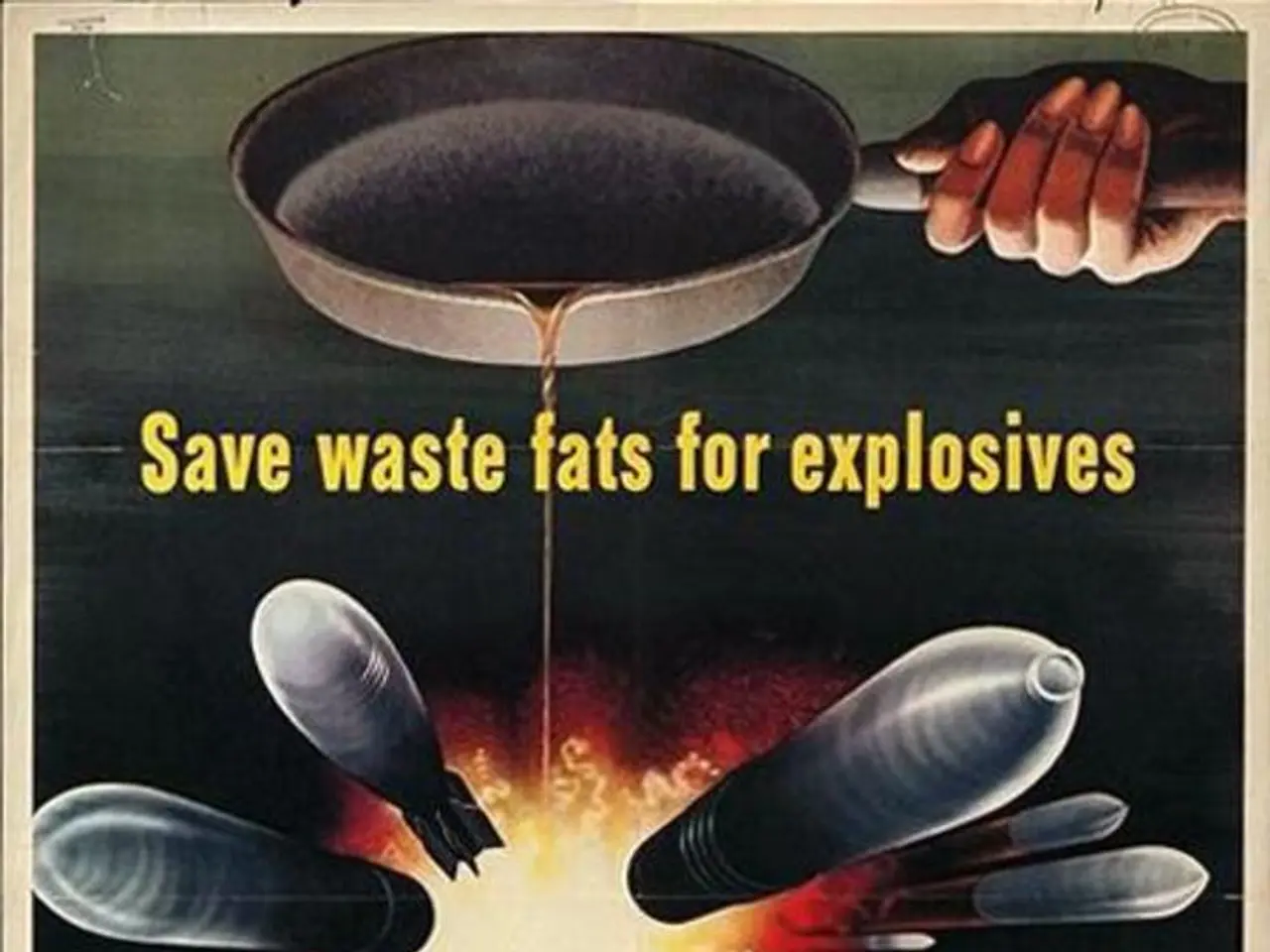Tengku Zafrul maintains strict adherence to halal standards and rejects any exclusivity in rare earth deals with the United States.
In the ongoing trade negotiations with the United States, Malaysia maintains a resolute stance on its halal certification standards and the management of rare earth minerals.
Datuk Seri Tengku Zafrul Abdul Aziz, the Minister of Investment, Trade and Industry (MITI), has denied compromising Malaysia's halal certification standards. He clarified that the facilitation of the import process for halal-certified products into Malaysia does not equate to a lowering of halal standards. The government's decision to streamline bureaucratic processes is aimed at improving trade efficiency, not diluting certification standards.
The Malaysian government insists that any US halal certification must meet the strict guidelines set by the Department of Islamic Development Malaysia (JAKIM), reflecting Malaysia's commitment to rigorous Islamic requirements and protecting the integrity of its halal industry.
In a separate development, Malaysia has decided to prohibit the export of raw rare earth minerals. This move signals a move toward greater control over strategic natural resources, and the government has dismissed claims of exclusive rare earth export agreements with the US. Tengku Zafrul assured that no exclusivity was requested by the Americans regarding rare earth minerals.
The ban on raw rare earth mineral exports is intended to promote local downstream development. All rare earth elements must now be processed in Malaysia, and the value of the processed minerals will remain in the country. Environmental and sustainability considerations are factors in the decision to manage rare earth mineral extraction responsibly.
Malaysia's stance in US trade negotiations is also characterized by a commitment to foreign investment, but only under conditions that involve local processing, job creation, and technology transfer. The government has denied claims of exclusive deals with the Americans for rare earth minerals.
The Malaysian government's approach is part of a broader strategy to strengthen critical sectors and protect long-term national interest. However, the US has flagged Malaysia's halal import restrictions and its requirements for Bumiputera equity in foreign-owned companies as key trade barriers.
Tariffs imposed by US President Trump on Malaysian exports will take effect from August 8, affecting fewer than 7,000 industries. Despite these challenges, Malaysia remains committed to maintaining its principles and protecting its national interests in the global trade landscape.
[1] Bernama. (2021, July 16). Malaysia to maintain non-negotiable halal certification standards in US trade talks. Retrieved from https://www.bernama.com/en/business/news.php?id=1963828
[2] The Edge Markets. (2021, July 16). Malaysia to maintain non-negotiable halal certification standards in US trade talks. Retrieved from https://www.theedgemarkets.com/article/malaysia-maintain-non-negotiable-halal-certification-standards-us-trade-talks
[4] The Star. (2021, July 16). Malaysia bans export of raw rare earth minerals in push for downstream development. Retrieved from https://www.thestar.com.my/business/business-news/2021/07/16/malaysia-bans-export-of-raw-rare-earth-minerals-in-push-for-downstream-development
- The Minister of Investment, Trade and Industry, Datuk Seri Tengku Zafrul Abdul Aziz, denied compromising Malaysia's halal certification standards, emphasizing that they remain non-negotiable.
- In line with its commitment to rigorous Islamic requirements, any US halal certification must meet the strict guidelines set by the Department of Islamic Development Malaysia (JAKIM).
- Apart from maintainting its halal standards, Malaysia also banned the export of raw rare earth minerals, aiming to promote local downstream development and manage these resources responsibly, considering environmental and sustainability factors.
- The Malaysian government's approach in US trade negotiations is not only about protecting its halal industry and strategic natural resources, but also about promoting local processing, job creation, and technology transfer.








